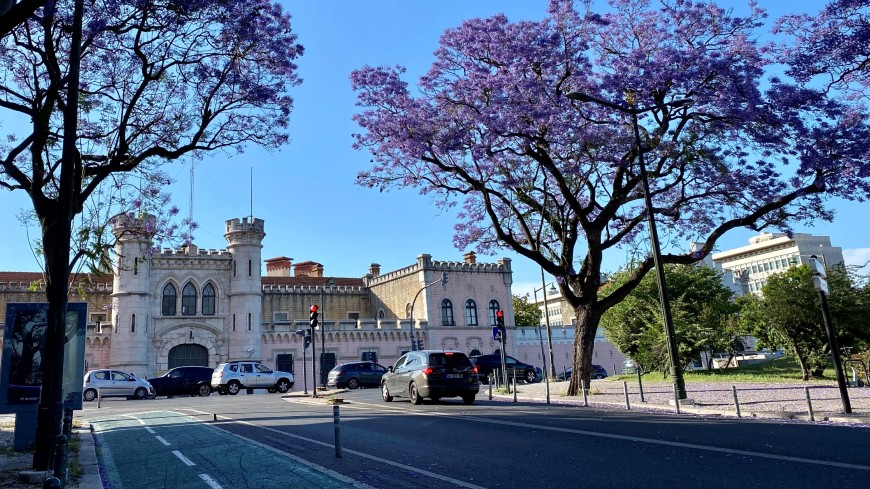The main objective of the visit was to the examine the treatment of persons apprehended by the Public Security Police (PSP) and the National Republican Guard (GNR) and to evaluate once again the effectiveness of investigations into allegations of police ill-treatment. A further focus of the visit was to scrutinise the situation of women held in prison. The CPT delegation also examined the treatment of patients held at the Psychiatric Clinic of Santa Cruz do Bispo Prison and at the Forensic Unit of Magalhães Lemos Hospital, Porto.
The findings of the 2022 visit indicate that ill-treatment of apprehended persons by officers of the PSP and GNR is still a frequent practice. The alleged ill-treatment concerned primarily slaps, punches, strikes with a baton and kicks to the body after the person had been brought under control. In its report, the CPT once again requests the Portuguese authorities to reinforce their efforts to eradicate police ill-treatment.
In this connection, effective investigations into allegations of ill-treatment would serve as an important dissuasive factor for officers involved in acts of ill-treatment. However, the system of investigating such cases remains dysfunctional. For instance, evidence of potential police ill-treatment detected at a person’s entry to prison is often not rapidly transmitted to the Inspector General for Internal Affairs (IGAI) or the Public Prosecutor’s Office. Even once cases are transmitted, no swift action is taken to initiate an investigation. The CPT considers that the Portuguese authorities should undertake an independent review into the way in which investigations of allegations of ill-treatment by police officers are carried out.
At Lisbon Central Prison, the overall material conditions, described in previous CPT reports as being in a “state of advanced dilapidation”, had further deteriorated. In most areas of the establishment, prisoners could be said to be living in degrading circumstances in double occupancy cells with dirty and dilapidated walls, broken windows and unpartitioned toilets. The Government’s plans to close down the prison progressively is to be welcomed. The report also highlights that CPT’s delegation received once again a number of credible allegations of physical ill-treatment by staff at Lisbon Central Prison consisting of slaps, punches and kicks. A review of the prison medical reports detailing injuries corroborated such allegations.
The majority of women interviewed in the prisons visited stated that prison officers interacted in a professional or even helpful way. However, the report also refers to some allegations of ill-treatment, mainly consisting of verbal abuse and threats, and more rarely, of acts of physical violence. A series of recommendations are also made to improve the treatment of women placed under a strict security regime, to provide more purposeful activities and better access to the outside world and to reinforce the healthcare services, notably concerning gender specific screening upon admission to prison. Further, the conditions under which mothers and their children are kept at both Santa Cruz do Bispo and Tires Prisons should be improved. The CPT also underlines that the presence of a prison officer during childbirth is totally unacceptable.
The CPT welcomes the approach adopted by the Portuguese prison administration in March 2022 regarding the treatment of transgender persons. Nevertheless, it proposes additional measures to better support these persons, notably around access to hormonal and other treatment while in prison, as well as the policy on body searches.
At the Psychiatric Clinic of Santa Cruz do Bispo Prison, a few allegations of physical ill-treatment by custodial staff were received but in the main patients reported that treatment by staff had improved in recent years. Indeed, the report acknowledges recent improvements made at this Clinic, such as the reduction of overcrowding and the increase in healthcare personnel. Nevertheless, the Clinic remains largely prison-like and unable to provide a suitable environment for the care and treatment of psychiatric patients. The CPT reiterates that an alternative facility must be found or built as a matter of priority. By contrast, the findings at the Forensic Unit of Magalhães Lemos Hospital were generally positive.
In their response, the Portuguese authorities provide information on the measures taken to implement the CPT recommendations.
The CPT report and the response of the Portuguese authorities have been made public at the request of the Portuguese Government.



